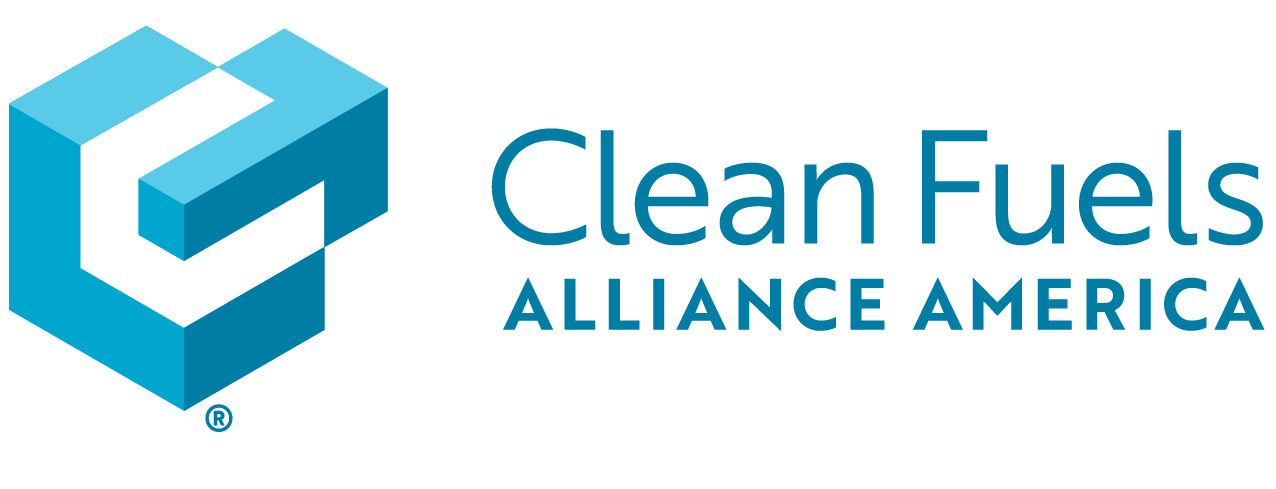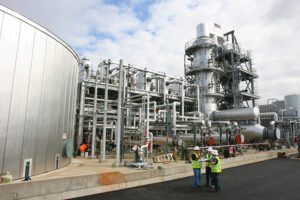WASHINGTON, DC – Today, Clean Fuels Alliance America submitted comments supporting the Environmental Protection Agency’s proposal to deny pending small refinery exemptions. On Friday, Clean Fuels submitted comments on EPA’s proposed Renewable Fuel Standard (RFS) Volume Standards for 2020, 2021 and 2022. Clean Fuels commented on nearly every aspect of the wide-ranging proposal but expressed particular concern with EPA’s triggering “reset” authority and proposals for regulating biointermediates.
Kurt Kovarik, Clean Fuels’ Vice President of Federal Affairs, writes in the comments on the annual volumes, “We ask EPA to provide certainty to the biodiesel and renewable diesel industry, do not unlawfully use the reset authority to retroactively adjust the 2020 volumes, and be cautious of unintended consequences associated with the biointermediates provisions.”
In addressing the separate proposal on pending small refinery exemptions, Kovarik writes, “Clean Fuels supports EPA’s proposal to deny 65 pending small-refinery exemption petitions and requests that EPA also deny the 36 small-refinery exemptions—31 of which were originally granted – for 2018.” The 36 additional petitions pending before the agency are those remanded by order of the U.S. Court of Appeals for the D.C. Circuit in response to EPA’s motion in Sinclair Wyoming Refinery and consolidated cases.
Clean Fuels estimates that the 2018 exemptions reduced demand for biodiesel and renewable diesel by 190 million gallons. Overall, the exemptions that EPA granted beginning in 2017 impacted 550 million gallons of biomass-based diesel, resulting in 5.2 million metric tons of additional greenhouse gas emissions. “If EPA were to grant the pending 2019 small refinery exemptions, we estimate that biodiesel and renewable diesel will experience a future market loss of approximately 200 million gallons, resulting in 1.9 million MT of GHG emissions in the atmosphere that could have otherwise been avoided,” Kovarik writes.
“EPA’s denial of pending small refinery exemptions is not just appropriate, but required,” Kovarik added. “Clean Fuels and its members appreciate the administration’s commitment to getting the RFS back on track. We urge EPA to finalize the volumes quickly, account for small refinery exemptions fairly, and grow the market for biofuels through a timely rule for 2023 and beyond.”
ABOUT CLEAN FUELS ALLIANCE AMERICA
Made from an increasingly diverse mix of resources such as recycled cooking oil, soybean oil, and animal fats, the clean fuels industry is a proven, integral part of America’s clean energy future. Clean Fuels Alliance America is the U.S. trade association representing the entire biodiesel, renewable diesel and sustainable aviation fuel supply chain, including producers, feedstock suppliers and fuel distributors. Clean Fuels receives funding from a broad mix of private companies and associations, including the United Soybean Board and state checkoff organizations.





